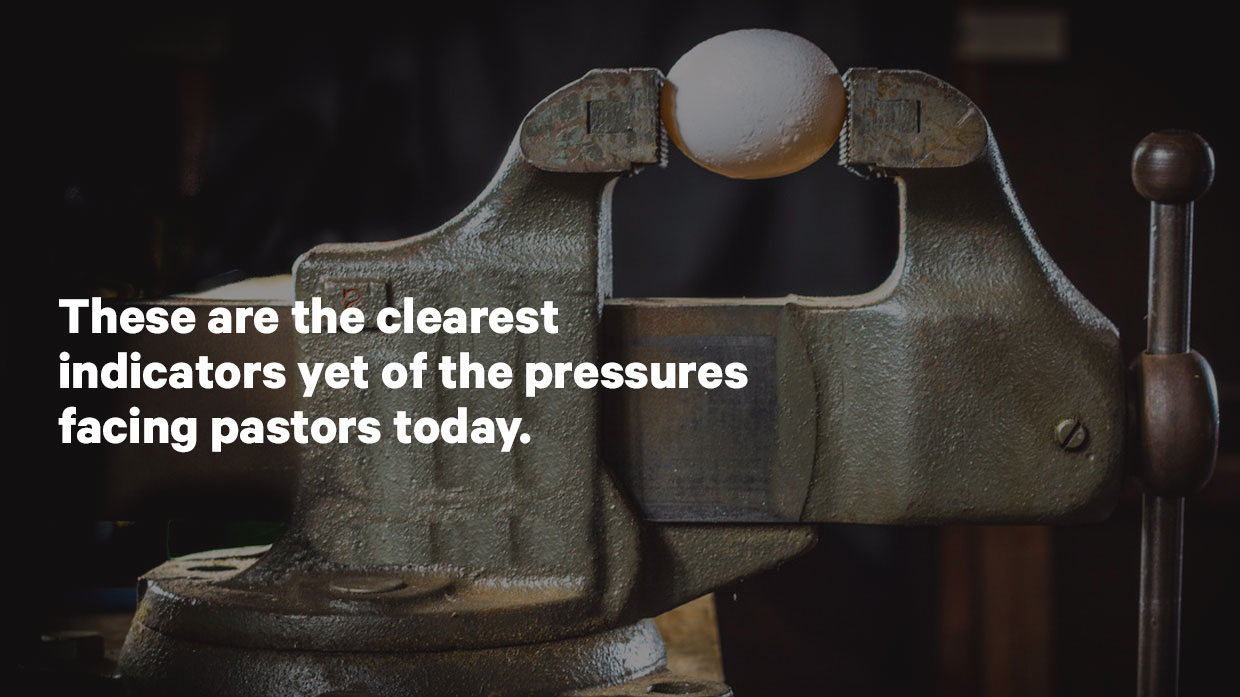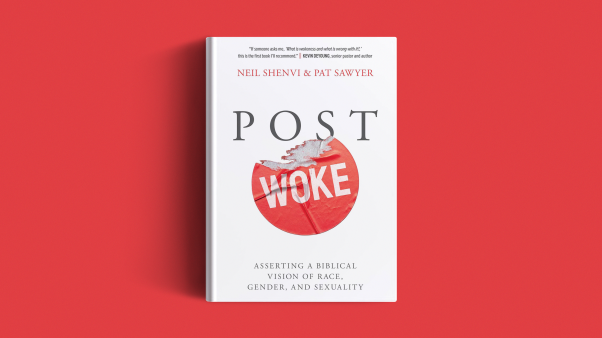The Barna Group is in the midst of a two-year project in partnership with Pepperdine University to research the needs, challenges, and overall wellbeing of today's pastors. What we have found thus far is a mixed bag of good and not-so-good news. The full report won't be released until mid-2016, but here is a sneak peak of the findings.
Family wellbeing. Two-thirds of married pastors say they are "very satisfied" with their relationship with their spouse. Most pastors who are parents report that they are very satisfied with their relationship with their kids. Still, one-quarter of today's Protestant pastors say they've had significant marital problems or major parenting difficulties.
Financial wellbeing. Most pastors say they are in good shape financially. Nearly three-quarters have "more than enough" money to meet their family's needs. About the same number say they have a trustworthy person to whom they can turn for financial advice and that they are confident they will be financially secure in retirement.
Mental, spiritual, and emotional wellbeing. Outside of family relationships, satisfaction is less robust. Just two out of five pastors say they are very satisfied with their overall quality of life, with their spiritual wellbeing, with their mental and emotional health, and with their friendships. More than two out of five say they are struggling (or have struggled in the past) with depression.
Physical wellbeing. When it comes to physical wellbeing and having the respect of their community, even fewer report high satisfaction: Only one-quarter say they are very satisfied in these areas.
These are the clearest indicators yet of the pressures facing pastors today.
Addictions. One in six pastors say they struggle or have struggled with an addiction during their time in ministry. Among these leaders, a majority has sought help to recover from their addiction: six in 10 from an accountability partner or group; half by practicing spiritual disciplines; and two in five from a counselor or psychotherapist. About one-fifth of pastors who report struggling with an addiction say they have not sought treatment of any kind.
Vocational wellbeing. Three of four pastors say they are very satisfied with their vocation. Nine out of 10 say their tenure in ministry has deepened their own relationship with Christ, and more than eight in 10 say their experience has increased their passion for ministry. In light of their experiences, two-thirds would encourage a young person considering a career in ministry to pursue it. Top frustrations include lack of commitment among lay people, low levels of spiritual maturity among churchgoers, and financial and/or administrative duties.
What pastors enjoy. Of the many ministry activities they are called on to perform, preaching is by far the most enjoyable for most pastors: two-thirds say this is the most enjoyable aspect of pastoral service. Preaching is also the ministry activity for which another person would rate them highest, pastors say, followed closely by their knowledge of Scripture and their grasp of practical or applied theology.
Fewer pastors—only two to three out of 10—say another person would rate them high on connecting with the community surrounding their church, on managing the church's finances, on leading the organization, or on counseling or pastoral care.
The full State of Spiritual Leadership Study will reveal more. However, the early results are the clearest indicators our team has gathered to date of the pressures facing pastors.
Do a quick inventory based on the areas highlighted above. How does your wellbeing compare to these findings? Where do you need help with your own life and ministry? You owe it to yourself—and to your people—to take a closer look at the state of your ministry and your soul.
David Kinnaman is president of Barna Group and co-author of The Hyperlinked Life (Zondervan, 2014).
Copyright © 2015 by the author or Christianity Today/Leadership Journal. Click here for reprint information on Leadership Journal.










